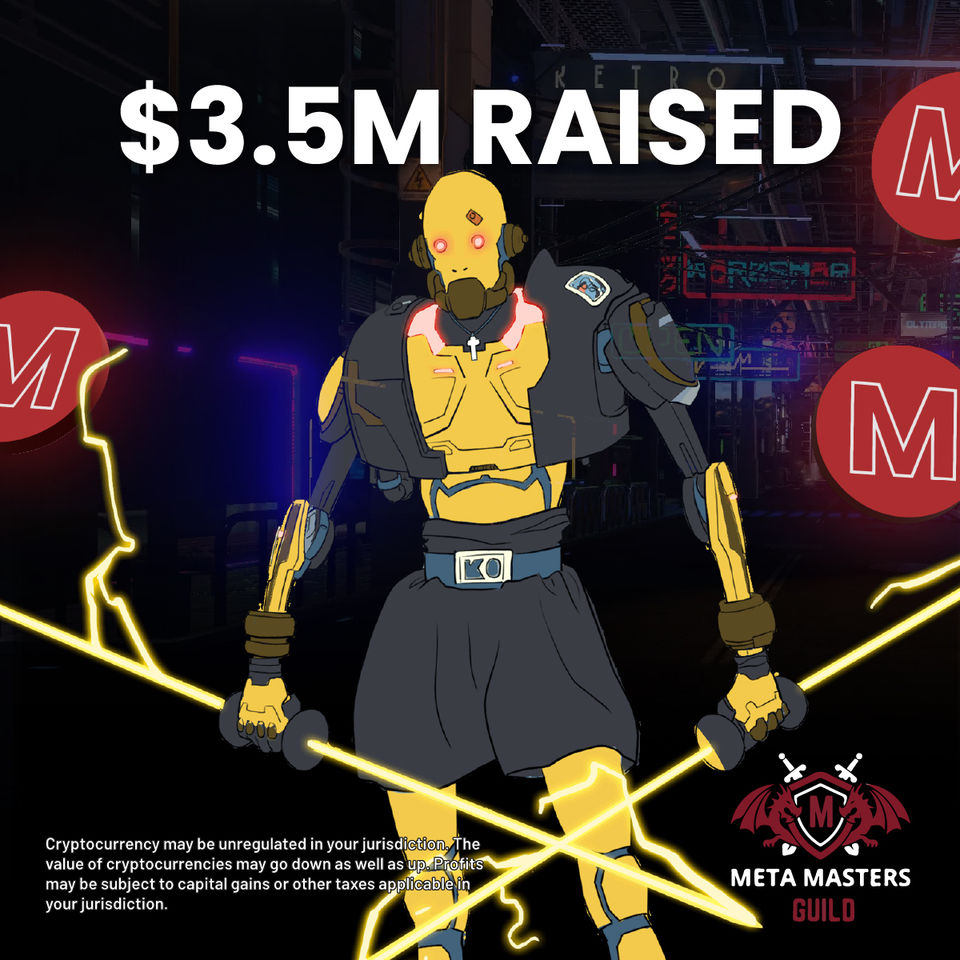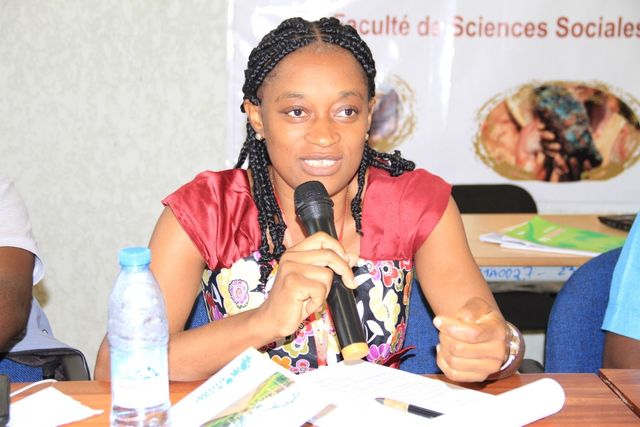The Challenge of Taxation and Jurisdiction in the African Metaverse

As the metaverse is an entirely virtual world, it creates unique challenges for taxation and jurisdiction. Currently, most tax laws in countries are designed to apply to physical goods and services, and it's unclear how tax laws will apply to virtual goods and services in the metaverse. This is a significant issue for African countries, where tax collection is already a challenge due to the informal economy and high tax evasion rates.
One potential solution for African countries is to create new tax laws that specifically apply to virtual goods and services in the metaverse. This would require careful planning and coordination, but it could be a way to ensure that taxes are collected on the profits generated by businesses operating in the metaverse. Another significant challenge for African countries in the metaverse is jurisdiction. As the metaverse is a global virtual world, it's not always clear which country's laws would apply in the event of disputes or criminal activity. This creates an enormous challenge for African countries that need to protect their citizens in the metaverse.
One possible solution for African countries is to work together with other countries to create a set of global laws that apply to the metaverse. This could involve creating an international court system that has jurisdiction over disputes and criminal activity in the metaverse. This would require significant coordination and cooperation, but it could be a way to ensure that African citizens are protected in the metaverse.
In conclusion, the metaverse is a rapidly emerging digital world that has the potential to transform the way we live and work. However, it also presents significant challenges around taxation and jurisdiction, which will need to be addressed by African countries in the coming years. By creating new tax laws and collaborating with other countries to establish global laws, African countries can ensure that their citizens are protected in the metaverse.

